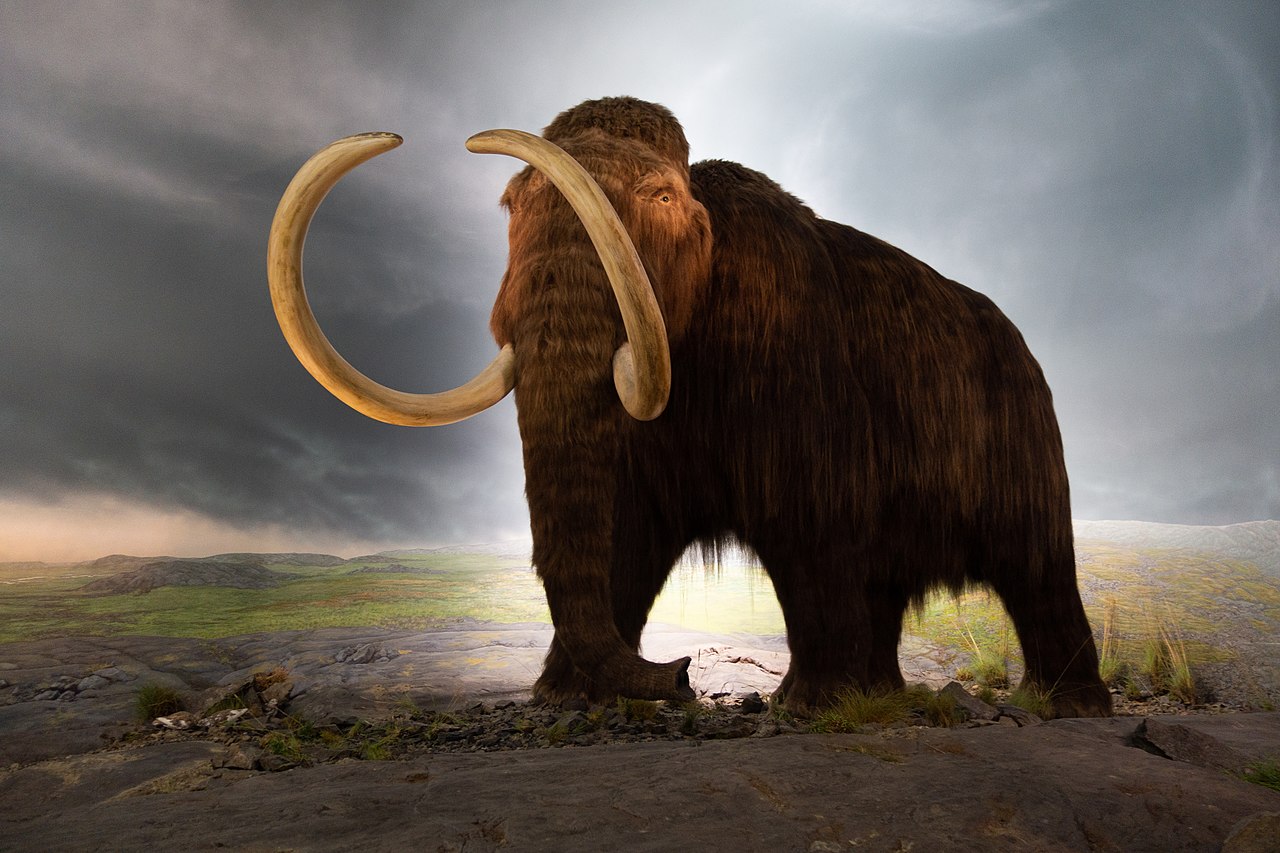CorporateNature No 132
We live in times when deep specialisation is highly valued. Experts are traditionally associated with academia but the idea of knowing more and more about less and less (until you know everything about nothing) has also found its way into the corporate world. Yet, being an expert is not necessarily a good thing.
Many corporate jobs require an initial employee training period. These are usually designed to teach narrow skills that are mostly (if not only) useful in the employee’s current role. Thus the employee becomes an expert at their job, but for them to advance professionally, further training is required. This gives rise to a continuous process in which people specialise deeper and deeper in one area. Ultimately they end up developing narrow expertise in that area but very little else.
While deep expertise makes people more efficient at their job, becoming a narrow expert is a dangerous proposition. A narrow expert in a single area resembles a woolly mammoth that falls into a dug-out trap. If the trap is deep enough, the mammoth cannot climb out and ends up as steak on Neanderthal camp fires. Similarly, an expert developing a deep specialisations knows more and more about less and less. If they go too far down this path, they eventually end up knowing everything about nothing.
Wouldn't it be wiser and more resilient if we divided our energy and time and invested them in developing competence in multiple overlapping fields, rather than becoming a narrow expert in a single domain? Skills development benefits from diversification as much as an investment portfolio does. This would help keep the mammoth in the tundra, rather than in the trap dug out by our primitive ancestors.
 |
| Woolly mammoth (image source: Wikipedia) |
